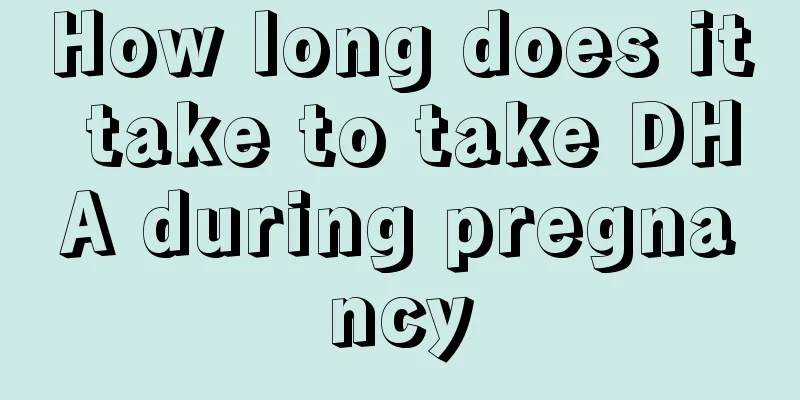High follicle stimulating hormone

|
For women to have normal fertility, they need to produce high-quality eggs. The main function of follicle-stimulating hormone is to promote the maturation of ovarian follicles and thus produce eggs. If the follicle-stimulating hormone level is too high, it will affect the production of female eggs and even cause female infertility. Therefore, when this happens, it is very important to understand the situation so that you can deal with it better. symptom 1. High levels of follicle-stimulating hormone have the greatest impact on women's ovaries, and are especially detrimental to patients' fertility. It is likely to cause infertility in women, and even if they can successfully become pregnant, miscarriage is likely to occur. If a woman has an unexplained miscarriage, she should undergo timely testing to find out whether she has high levels of follicle-stimulating hormone. 2. High levels of follicle-stimulating hormone will affect women's menstruation, the most common of which is menstrual disorders. Since follicle-stimulating hormone promotes the development of follicles, when its level is high, the development, maturation and discharge of eggs will be accelerated, which will make the menstrual interval of women too short. 3. High levels of follicle-stimulating hormone may cause premature ovarian failure in women, leading to symptoms such as knee pain and dry eyes. Clinical significance Decreased follicle-stimulating hormone is seen in estrogen and progesterone treatment, secondary sexual dysfunction, hypopituitarism, Sheehan syndrome, polycystic ovary syndrome, and advanced adenohypophysitis. Elevated follicle-stimulating hormone is seen in testicular seminoma, Klinefelter's syndrome, Turner syndrome, primary amenorrhea, congenital ovarian dysgenesis, after treatment with adrenocortical hormones, primary reproductive insufficiency, ovarian obesity, early hyperpituitarism, giant cell degenerative lung cancer, etc. Normal reference range Men: 1 to 7 U/L. Women: Follicular phase: 1-9U/L, ovulation phase: 6-260U/L, luteal phase: 1-9U/L, menopause: 30-118U/L. Precautions Taking birth control pills, estrogen, or during pregnancy may affect the determination of serum follicle-stimulating hormone, so care should be taken during testing. And because the physiological changes of follicle-stimulating hormone in serum are large, when judging and interpreting a certain pathological phenomenon, the measurement should be repeated many times to avoid misjudgment. |
>>: What to do if the follicle does not break after injection
Recommend
What should I do if I have stretch marks on my calves?
Generally, women will have stretch marks during p...
How to remove cervical polyps
Women's concerns about their reproductive hea...
What causes flat chest?
Women with flat chests are probably often critici...
Pharmacist's Antidote | Use the Internet celebrity's "magic medicine" with caution, don't let tragedy happen again
A real case, a heartbreaking story, it all starte...
What are the harms of drinking during menstruation to your body?
In real life, many female friends have the habit ...
How long after pregnancy can I have sex?
Sexual life is very important for the life betwee...
How many days does a woman usually ovulate?
We know that eggs play a very important role for ...
Can I use the cupping machine during menstruation?
Cupping has a long history in my country. Because...
My waist hurts after sitting for a while. Is it lumbar disc herniation?
This is the 3439th article of Da Yi Xiao Hu As th...
What should women do if they have blood deficiency and kidney deficiency?
We know that women need to take good care of them...
How to tell if the beaten eggs are bad? Can ordinary eggs be made into runny eggs?
The yolk of an egg is rich in sterols, lecithin, ...
Is ultrasound during ovulation accurate?
We all know that healthy women have a fixed physi...
[Medical Q&A] Can hyperbaric oxygen be used to treat the sequelae of brain trauma?
Planner: Chinese Medical Association Reviewer: Yu...
How to take care of spontaneous abortion in summer
There have always been many people who have misca...
Does leucorrhea mean menstruation is coming?
Vaginal secretions are secretions from the vagina...









